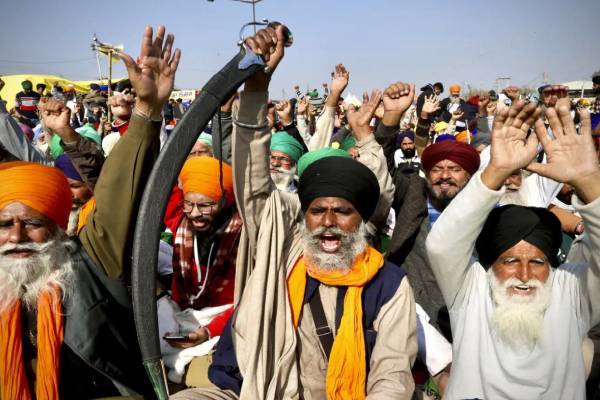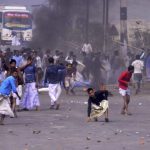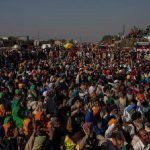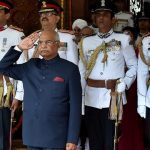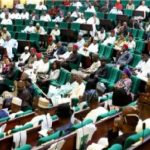Indian farmers have decided to call off their agitation after the government agreed to most of their other demands, despite the fact that Parliament repealed three contentious farm laws.
According to farm leader Yogendra Yadav, the farmers ended their strike after Prime Minister Narendra Modi’s government agreed to form a panel to consider guaranteed crop prices across the country, withdraw cases against growers in various states, and compensate families of those killed during the protest.
Farmers will start vacating the protest sites from Saturday, Dec 11, after a victory march, he said.
The end of the agitation, which began in late 2020 and resulted in the deaths of approximately 700 protesters, could provide relief to Mr. Modi ahead of five state elections next year.
The repeal of the laws, which is his most significant policy shift since taking office in 2014, is significant because farmers make up a powerful voting bloc in the country, with 60% of the country’s 1.4 billion people relying on agriculture for a living.
The backtracking also indicates that the government lacks the willpower to push through difficult reforms in the face of public opposition. The three farm bills would have made it easier to sell, price, and store farm crops.
Despite the repeal of farm laws last month, farmers continued to press their key demands, which included the establishment of a mechanism to ensure farmers receive minimum support rates for all harvests.
The government previously stated that implementing a universal price guarantee system would be difficult due to the high cost. It currently sets the prices for about a half-dozen farm commodities, including some grains and pulses, and buys only a small amount of each at those prices for its welfare programs. Farm goods are purchased by private players at market-determined prices.
Hundreds of thousands of farmers gathered along arterial roads into the capital and other cities in what was one of the most well-coordinated and largely peaceful protests India has seen since independence in 1947.
They camped in tents, facing a winter when temperatures plummeted to as low as about 5 deg C and a summer that recorded the mercury soaring as high as 40 deg C.

